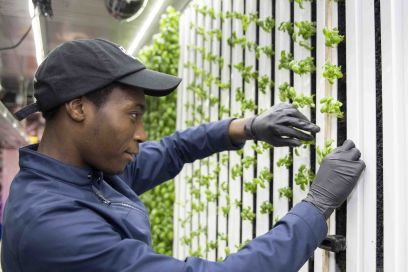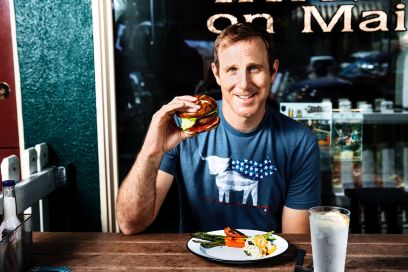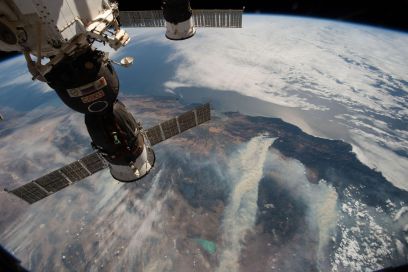COMMENT: Change After Coronavirus
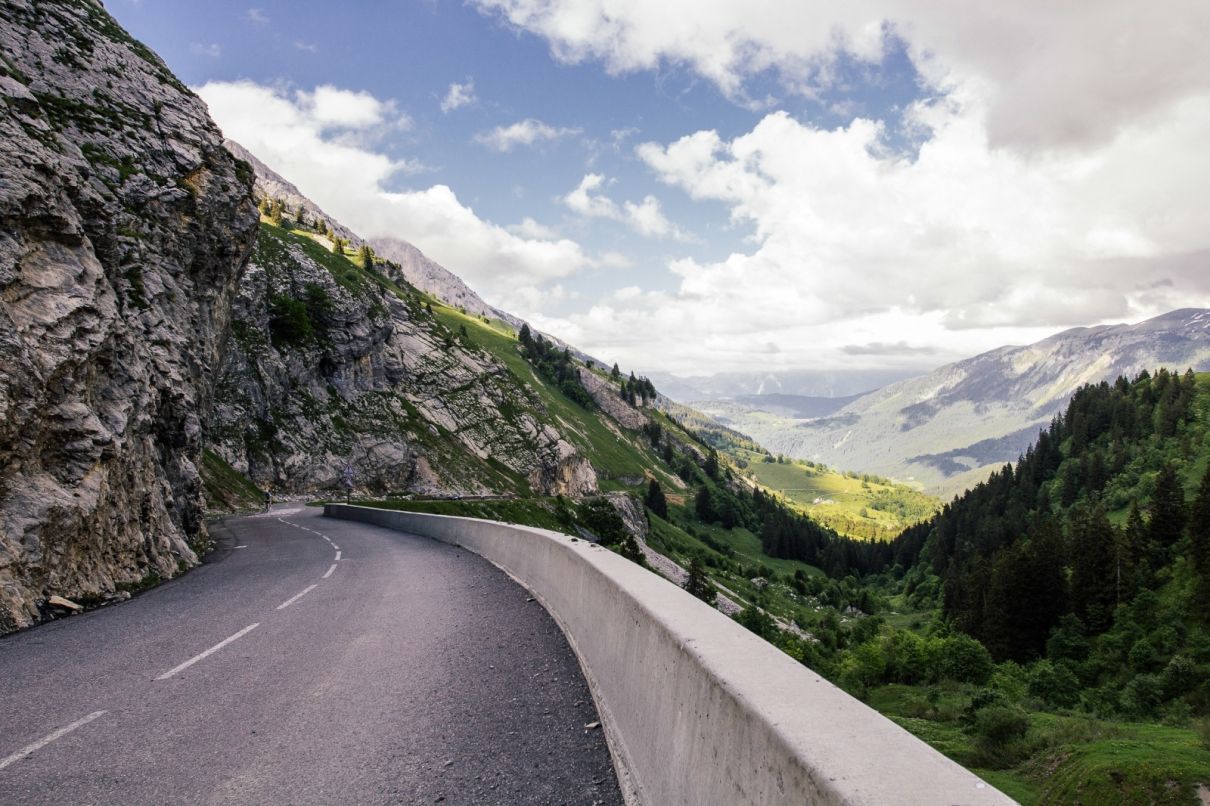
Billionaire’s Chairman and CEO shares his thoughts on the post-COVID-19 world.
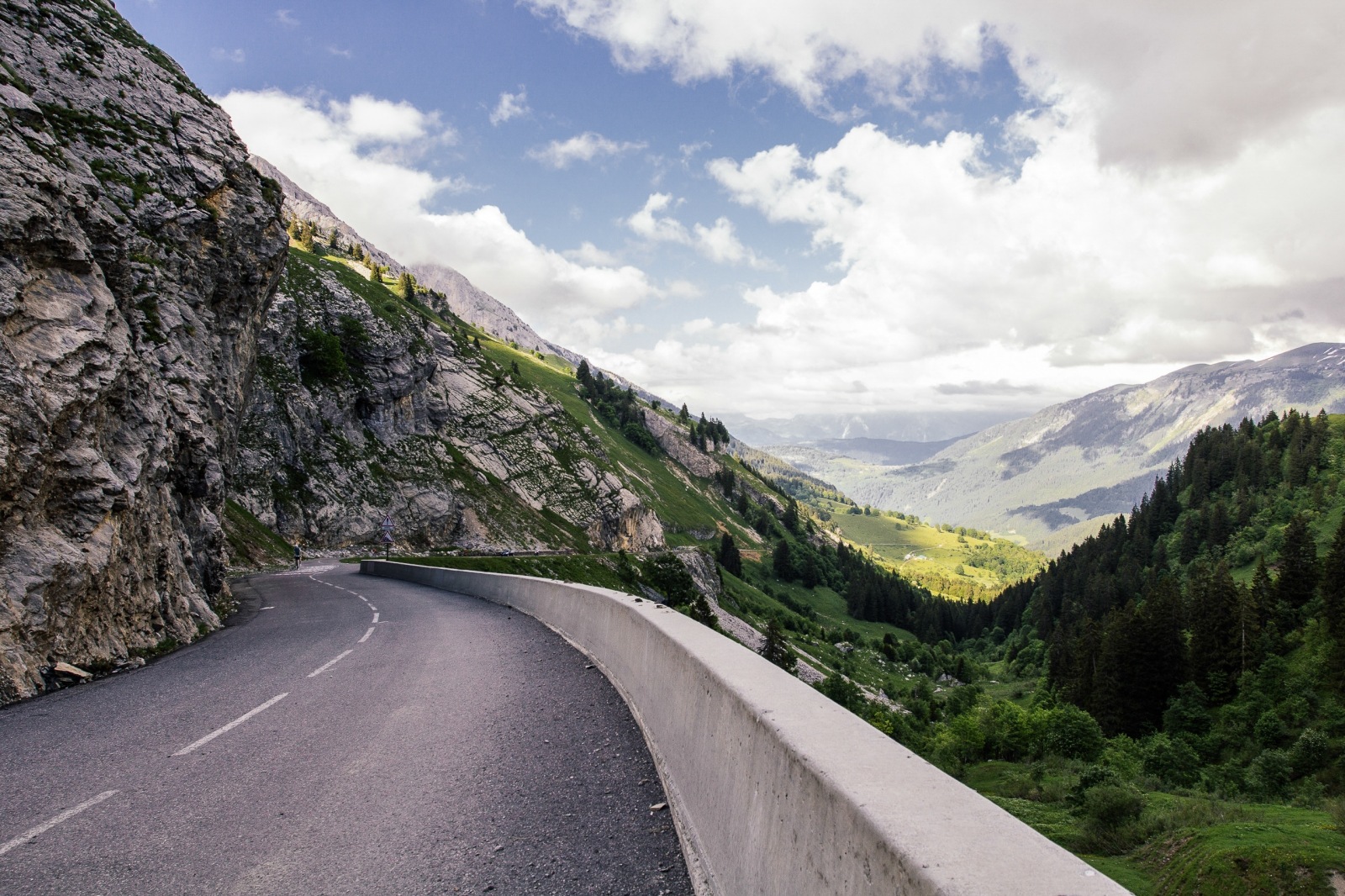
I’ve spent 20 years working in the area – broadly speaking – of risk, focused principally on individuals that were risky to us as a society. But over time I’ve come to appreciate macro-risks, the risks that we as people, as a society, as countries, face.
Over the last week a number of friends have asked me how I think the world is going to have changed by the time we come out of quarantine.
Here’s what is quite remarkable about the situation we find ourselves in. It wasn’t nuclear war that brought us to this point. It wasn’t multiple terrorist attacks. What brought us here, was in fact a tiny little virus, so small you can’t see it without a microscope.
As scary as this is, the truth is, this is our new normal. Pandemics and viruses, have with increasing frequency, come into our lives. I can name five in my 46 years; HIV/AIDS, Ebola, SARS, MERS, and now Corona. What we need to recognise is that pandemics will become far more common and will disrupt our lives with greater regularity.
CHANGE
Change has been on the horizon for a while. By quarantining many millions of us around the world, we have moved forward that change quite dramatically. Now, change is accelerating. As much as we are at home and we feel like not much is happening, our old normal is changing literally, in front of our eyes.
We have a choice. We can either be part of that change and course-correct our own lives. Or, we can be swept along by the changes that will ultimately affect us all.
I want to take you back to the 1960s when we started to replace man-power with technology. This principally affected the factory workers and blue-collar population, which was decimated throughout the second half of the last century – and is still being so today – as more computers, robots and AI are brought in to do menial tasks.
The next group who will be affected will be white collar workers; lawyers, notaries, bankers etc. Now is an opportunity – a point of reflection - for us to course-correct, as we are forced to stay home and think about our lives and careers and the changes that will affect us.
Some of the changes we will experience coming out of the quarantine period will be big, and there will be a lot of pain for a lot of people. I’m not talking about those who own stocks and shares who have seen vast amounts of money written off in the last few days. I’m talking about foundational changes that are going to impact the way we live and work.
WORK & HOME
Since the Industrial Revolution we have been encouraged to leave the forests and fields and move to the cities. We operated industrial machines and computers with man-power. We continue to live with this concept of us all needing to be in a work-place, in expensive cities, in expensive real estate, sitting in rows at desks.
But quarantine is going to lead to a lot of businesses embracing working from home. This is going to be one of the benefits, the recognition that most jobs and meetings can be done with video conferencing or other platforms.
If we are no longer required to come into the cities, where living is expensive and quality of life is poor, the big question is, where do we want home to be? Our quality of life can improve dramatically and we can be excited about that change.
We should think along the basis of independence. At the moment living in cities, we are incredibly dependent on the entire structure functioning. We need to become less dependent on these systems; for instance, could we replace the grid with our own solar power? Could we collect rainwater rather than relying on the government? Could we grow and cultivate our own produce?
FINANCE
We should all try to get into a position of being financially independent. This is no longer about the haves versus the have nots. It’s the ‘have liquidity’ versus the ‘don’t have liquidity’. There are very wealthy people who now find themselves in a pinch because, while they have assets, they don’t have cash-flow.
We live in a society of credit cards, loans and mortgages, and at a time where almost nobody has any savings or buffer for power, water, food and finance. We need to move into a position where we have a cushion to fall back on, in all those areas.
The good news is, as we leave the cities and return to the countryside and become more aligned with nature again, we will live less expensive lives. We will slowly be able to build a buffer. There are way too many people who survive on credit now. They are going to be in a very difficult place in the quarantine fallout as there is going to be a dramatic loss of employment. We should not be caught out again in the next disruption, and there will be more disruptions.
POLITICS
We should demand greater investment in hospitals, medicine and staffing from our politicians. I have recent personal experience of Intensive Care Units so I’m acutely aware of lack of beds, and also, the remarkable job that our medical staff are doing. Our hospitals were already at breaking point before the virus arrived. And the quarantine that has been enforced is purely logistical. The state has realised it has not made any provision and it has no buffer to deal with the fallout from corona.
Instead of investing in additional runways and highways, our state should be investing heavily in hospitals and medicine. We should financially support those who wish to study medicine, as it is a long career where they earn nothing for many years. Even when they land a job, they are working very long hours on little pay, for years. We pay tax for the state to look after us, and this has proven how badly our governments have planned for this kind of fallout.
This is a moment of reflection. We have the time on our hands and we need to think through how we take control of our future, as it can now be seen how easily we lose our freedoms. We need to reinvent, not only the way we work, but the way we live, and our dependency on the entire structure around us.
The big cities will be a challenging place to live in the next 20 years. This is not just getting through quarantine. The effects of quarantine are going to be felt economically by everyone for a very long time. We have an incredible ability to change our fate, but you can’t dig yourself out of a hole by sitting in it.
You need to stand up and do something about it.


